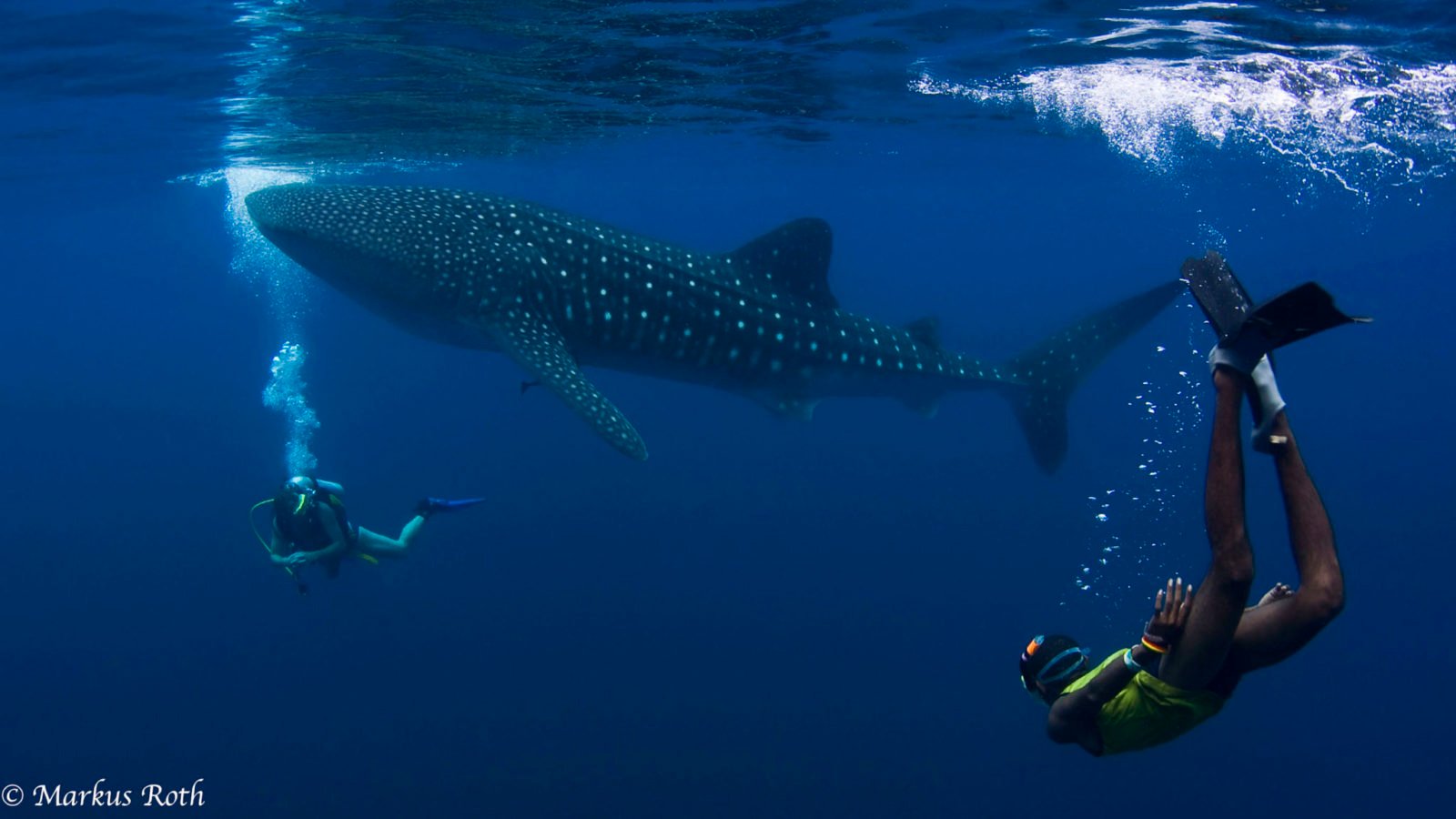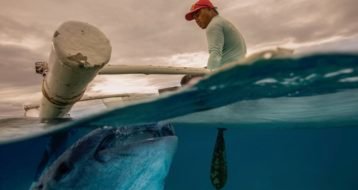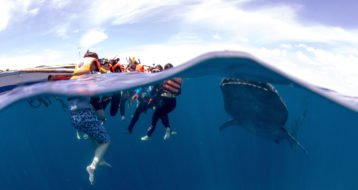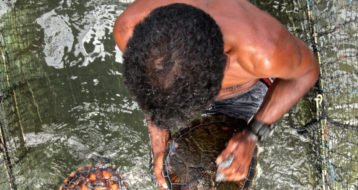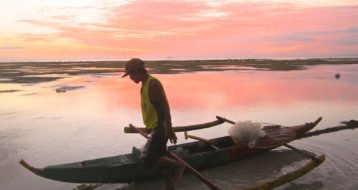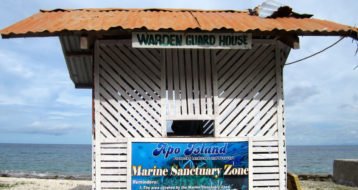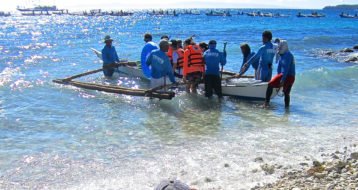why are livelihoods for local fishers important to dive tourism?
Dive tourism relies on healthy coral reefs and marine resources for business. Dive tourist want to dive on beautiful and biodiverse coral reefs, flourishing with fish, marine life, macro life and mega fauna, including sharks, whales sharks, manta rays, turtle, whales and dugongs and are prepared to pay more to see them. It makes business sense for dive operators to protect coral reefs and marine resources.

Raja Ampat, Indonesia
Isn’t that government’s job?
It is thought by many, that the conservation of coral reefs is the responsibility of government, not dive operators from the private sector. Governments, not just in the tropics however, are often stretched. They may not have the resources or the will to protect coral reefs, so fail to do so. Marine protected areas all over the tropics have become simply ‘paper parks’.
Dive tourism is just one user of coral reefs.
Dive tourism is just one user of coral reefs. Fishers and communities are another. Fishers and communities live in poverty along the same coral reefs, relying on them for food and income security. Their direct reliance on coral reefs makes the future of coral reefs and local fishers is inseparable.
Talking about food and income security, literally means a fisher’s ability to put food on the table and pay bills, including clothing and education, for families. Many of the beautiful islands and atolls we love to dive on where fishers live, do not support farming or agriculture. Fish and marine resources including turtles, sharks and whales are the main source of protein. Most fishing communities live in poverty, with no electricity or very limited access from a generator for a short time each day. Refrigeration is not possible. Fishers often have limited access to markets, so buying other forms of protein is not possible, even where available and culturally appropriate.
We know that coral reefs are under threat from destructive fishing and over fishing, climate change and pollution. Of these, destructive fishing and overfishing is the most pressing threat. In competition for scarce resources, local fishers resort to destructive fishing, intensifying pressure on coral reefs, with devastating effect. Coral reefs die under dynamite and cyanide fishing. Fish stocks are diminished by the live reef fish trade with fish and lobster shipped out to fish tanks in seafood restaurants all over the world; the aquarium trade (finding Nemo and Dory); spear fishing and small gauge nets. Sharks are finned, manta rays and turtles are killed. Local fishers, faced with diminishing fish stocks, are forced to fish further out to sea in small boats or increase destructive fishing.
Diversifying livelihoods is essential to coral reef health
Marine protected area managers have identified that diversifying the livelihoods of local fishers and communities away from reliance on coral reef resources is essential to the sustainable conservation of coral reefs. When we talk about diversifying the livelihoods of local fishers, we recognise that in general terms, fishers will always fish. The objective is to diversify a fisher’s income sources so that fishing is not the only way to put food on the table and earn income to pay family expenses.
Dive tourism is major user of coral reefs, benefiting financially from the health of coral reefs, fish stocks and marine resources. It makes business sense for dive tourism to work with local fishers and communities to diversify livelihoods and reduce their reliance on coral reefs, thus helping to protect the coral reefs and marine resources on which dive businesses rely.


